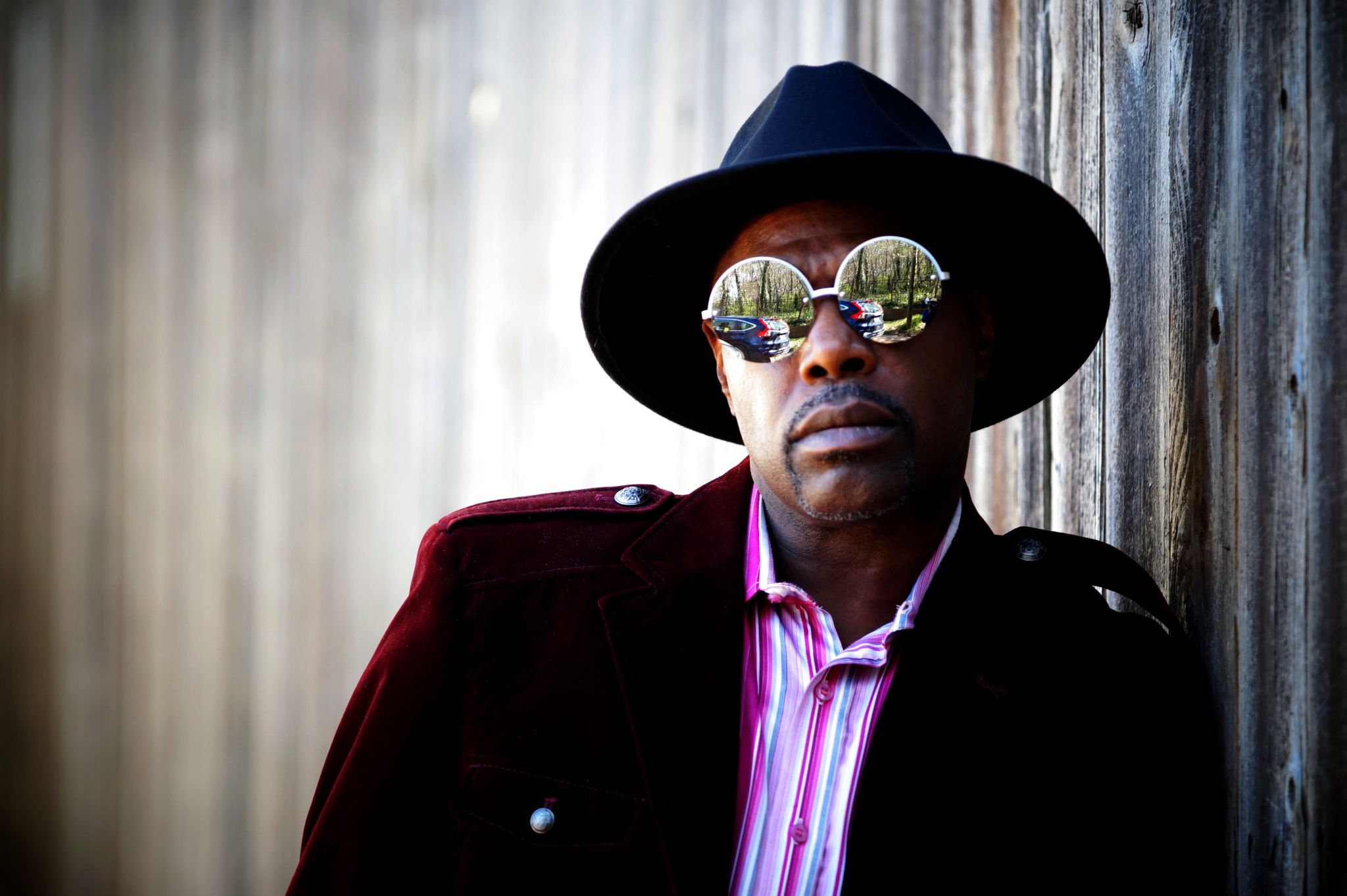“BLACKS DO READ: KUUMBA, KUJICHAGULIA, AND UJAMAA”
Guest Writer: W.D. Foster-Graham
When I embarked on my journey as a novelist, my first novel, Mark My Words, was 17 years in the making: five years to write it and another 12 to get it published. I was naïve, believing that traditional publishing was the only game in town. Tiffany Johnson, who wrote an article about me in the Minnesota Spokesman-Recorder, accurately described my experience as Publishing While Black.
I’m sure there are those of you, as authors of color, who have dealt with this. Rejection notices such as “The material doesn’t suit our needs,” “We weren’t intrigued enough,” “It won’t sell.” I even received a letter implying that “Blacks don’t read.” Or perhaps you received a letter that said, “Can you make the character white?” Such is the racism in the traditional publishing industry, and one of the significant factors in Black authors becoming independent authors.
I subsequently published Mark My Words, the first of my Christopher Family Novel series, as an independent author, and I have the utmost respect for the independent authors out there. Some of us enjoy writing as a hobby, and that’s all right. Others of us have a story within that needs to be told and shared with others in the pages of a book. Write it. Your gift will make room for you in ways you never expect.
I took the step. My book was published. Now what? Journalist and author Wyatt O’Brian Evans expressed the marketing aspects of publishing well when I was a guest on his podcast, WYATT!: you can have the greatest product on the market, but if no one knows about it, it’s all for naught. Who will read it? Who will buy it? Thus began this Old School New Kid’s introduction into the world of marketing.
Contrary to the myth, my target audience of readers were already out there, waiting to read the books I wanted to write; what I needed to do was put myself out there. Networking, word of mouth, social media, and events are useful methods to promote your work and engage with your readers. A supportive group of other authors is another great way to share ideas for this aspect of the business, and it is your business.
In the title of this column, I mention three principles of Kwanzaa that apply to independent Black authors: Kuumba (Creativity), Kujichagulia (Self-Determination), and Ujamaa (Cooperative Economics) Kuumba expresses the creative control we have over our work, one of our greatest strengths. The Internet is a good resource for new as well as established authors; through it, I learned how to design my own book covers! Publishing our work ourselves exemplifies the principle of Kujichagulia. It gives us the freedom to explore, to learn what works and what doesn’t for our business; there is no one-size-fits-all. And supporting other Black authors, be it by reviews, buying their books, or spreading the word about them, brings Ujamaa into the mix, investing in ourselves and our communities. Support those who support you; it’s empowering.

Our literary voices are powerful. With them, there are no limits to the possibilities we can create, the paradigms we can change, and it begins with us. I may have started out buying into the belief of scarcity that pervades traditional publishing, but by getting out of my own way, I have witnessed the abundance of independent authorship, and I love it. There is a saying, “Either you run the day or the day runs you.” A variation of that as it pertains to African Americans, LGBT/SGL, or other marginalized groups would be, “Either you define yourself or others define you.”
Turn away from those messages (internal and external) of limitation, naysaying, and criticism, and embrace all of your awesomeness. When I look back upon my journey as a Black SGL independent author, I wouldn’t have changed a thing in the process of becoming a published author, poet, and columnist. As a man of a certain age, I am grateful for the amazing opportunities and blessings I am receiving now, along with the promise of more manifestations of my dreams in the future. To my brothas and sistahs, whether you’re new to writing or long-term, I wish this for each and every one of you.
In the words of Aretha Franklin, “Be your own artist, and always be confident in what you’re doing.” Share your stories. Build your businesses. Blacks do read, and they are waiting to read your stories. Support others along the way.
Believe in dreams and never give up.
W.D. Foster-Graham is an independent novelist from Minneapolis, Minnesota. He received a B.A. in psychology from Luther College, and he was an original member of the multi-Grammy Award-winning ensemble, Sounds of Blackness. He has also been recognized by the International Society of Poets as one of its “Best Poets of 2003.”
W.D.’s tastes in writing run to family sagas and M/M romance, seasoned with his own brand of African American flavor—at the end of the day, it’s all about the love. He shamelessly admits to a love of romance novels, whodunits, and classic movies of old Hollywood. He was also inspired by the late novelist E. Lynn Harris and Toni Morrison, who believed that an author should write the books he/she wants to read.
W.D. is a book review editor for Insight News, a Black community newspaper in the Twin Cities. His column is titled, “Sharing Our Stories.”
His Christopher Family Novel series can be found on the shelves of 12 public library system collections in Minnesota and the Des Moines Public Library system in Iowa. Current works in development are a continuation of his series: two M/M romance novels, “The Right to Be” (coming of age) and “To Thine Own Self” (a 30-plus couple), and “The Rise of Sherry Payson,” a story seasoned with humor, romance, mystery, and a story within.
His Christopher Family Novel series can be found on the shelves of 12 public library system collections in Minnesota and the Des Moines Public Library system in Iowa. Current works in development are a continuation of his series: two M/M romance novels, “The Right to Be” (coming of age) and “To Thine Own Self” (a 30-plus couple), and “The Rise of Sherry Payson,” a story seasoned with humor, romance, mystery, and a story within.
You may visit W. D. at his online home, wfostergrahamauthor.com; on Twitter, @WDFosterGraham1; and Facebook. And email W. D. at wfostergraham@wfostergrahamauthor.com.



Leave A Comment